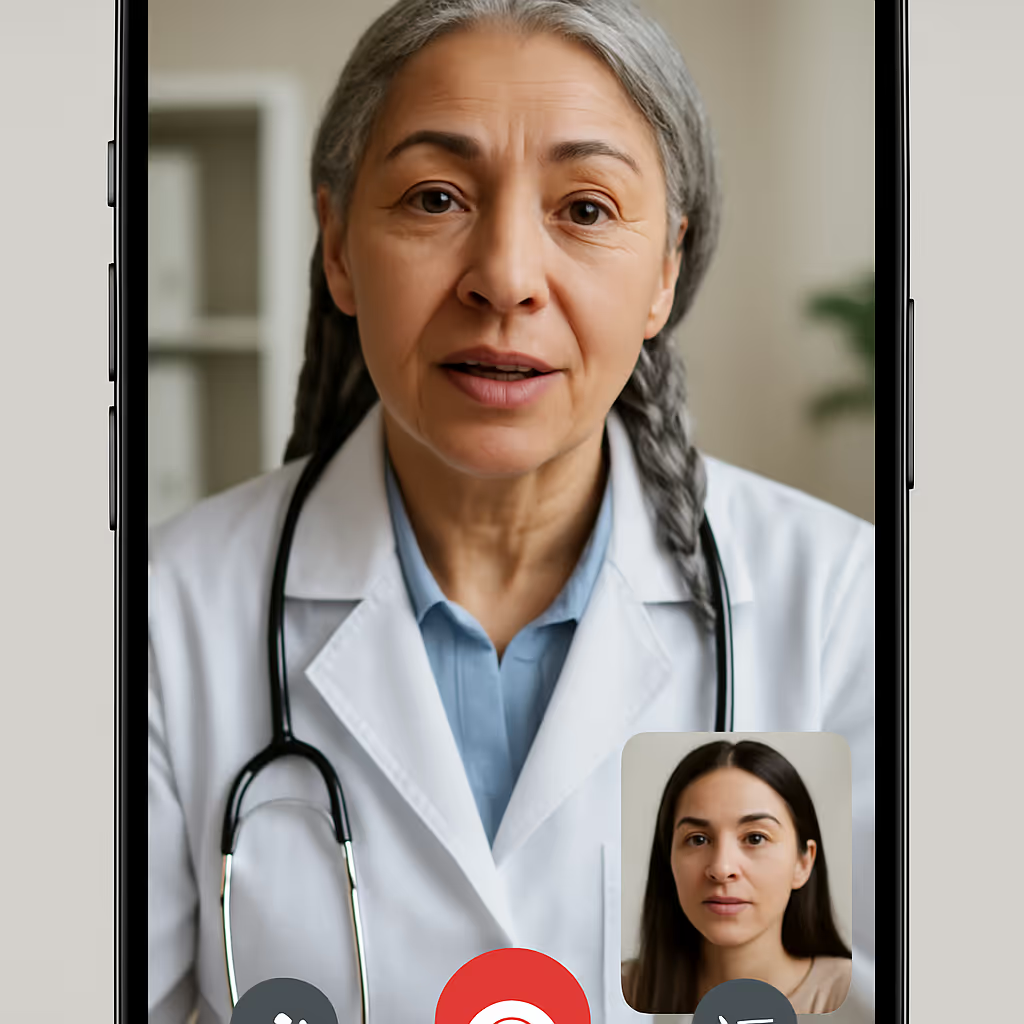UTI Treatment Online
Common UTI medications include antibiotics like Trimethoprim, Nitrofurantoin, Ciprofloxacin, or Amoxicillin.
Estimated wait time: 5 minutes or less


What is a Urinary Tract Infection?
A urinary tract infection occurs when bacteria enter the urinary system, leading to inflammation and discomfort. UTIs most commonly affect the bladder and urethra and require prompt treatment to prevent complications.
Symptoms of a UTI
- Burning sensation during urination
- Frequent or intense urge to urinate
- Cloudy or strong-smelling urine
- Pelvic pain or pressure
- Blood in the urine
What causes a UTI?
How we diagnose a UTI
- Evaluation of symptoms by a provider
- Urine sample testing (if needed)
- Medical history review
Effective online treatment for UTIs
UTIs are typically treated with antibiotics and supportive care. HLTHi provides quick access to UTI prescriptions online, allowing you to start treatment fast and reduce your risk of complications.
Common online treatment options
- Antibiotic prescriptions for bacterial infections
- Pain relief recommendations and hydration tips
- Follow-up care instructions to prevent recurrence
UTI medications we prescribe
After evaluating your UTI symptoms, your doctor may prescribe one of the following antibiotics or over the counter medications to treat your infection quickly and effectively.
- Nitrofurantoin (Macrobid, Macrodantin, Furadantin)
- Trimethoprim/Sulfamethoxazole (Bactrim, Bactrim DS): Effective for treating bacterial infections.
- Fosfomycin (Monurol): Single-dose antibiotic used for urinary tract infections.
- Amoxicillin
- Ciprofloxacin (Cipro)
- Cephalexin
- Over the counter medications (OTC)
- Pyridium (Phenazopyridine) also called Azo OTC
Medications we do not prescribe
Benzodiazepines: Classified as controlled substances with potential for dependency (e.g., alprazolam, lorazepam)
Stimulants: Often used for comorbid conditions but require in-person evaluation (e.g., amphetamine, methylphenidate)
How to care for a UTI
- Stay well-hydrated to flush out bacteria
- Avoid irritating products (e.g., douches, scented soaps)
- Urinate after sexual activity
- Do not hold urine, urinate regularly
- Follow your full course of antibiotics

How online UTI treatment works
Our virtual care process is designed to be simple and convenient, providing you with expert healthcare from the comfort of your home. Whether you're dealing with minor symptoms or need guidance on a more persistent issue, our licensed providers are ready to help. Here's how easy it is to get started:
Step 1.

Step 2.
Step 3.
Step 4.
Step 5.
Common questions you may have about online UTI treatment.
How can I get antibiotics for a UTI without seeing a doctor?
You can’t get antibiotics for a UTI without a prescription, but you don’t need to visit a clinic in person. With HLTHi, you can talk to a licensed doctor online who can diagnose your UTI and prescribe antibiotics if needed—all from home.
Can telehealth prescribe antibiotics for a UTI?
What causes a UTI?
What doctor to see for UTI?
What medications can I get for a UTI?
Commonly prescribed UTI antibiotics and medications include:
- Pyridium (Phenazopyridine) also called Azo OTC
- Nitrofurantoin (Macrobid, Macrodantin, Furadantin)
- Trimethoprim and sulfamethoxazole (Bactrim, Bactrim DS)
- Amoxicillin
- Fosfomycin (Monurol)
- Ciprofloxacin (Cipro)
- Cephalexin
- Over the counter medications or ointments
.svg)

